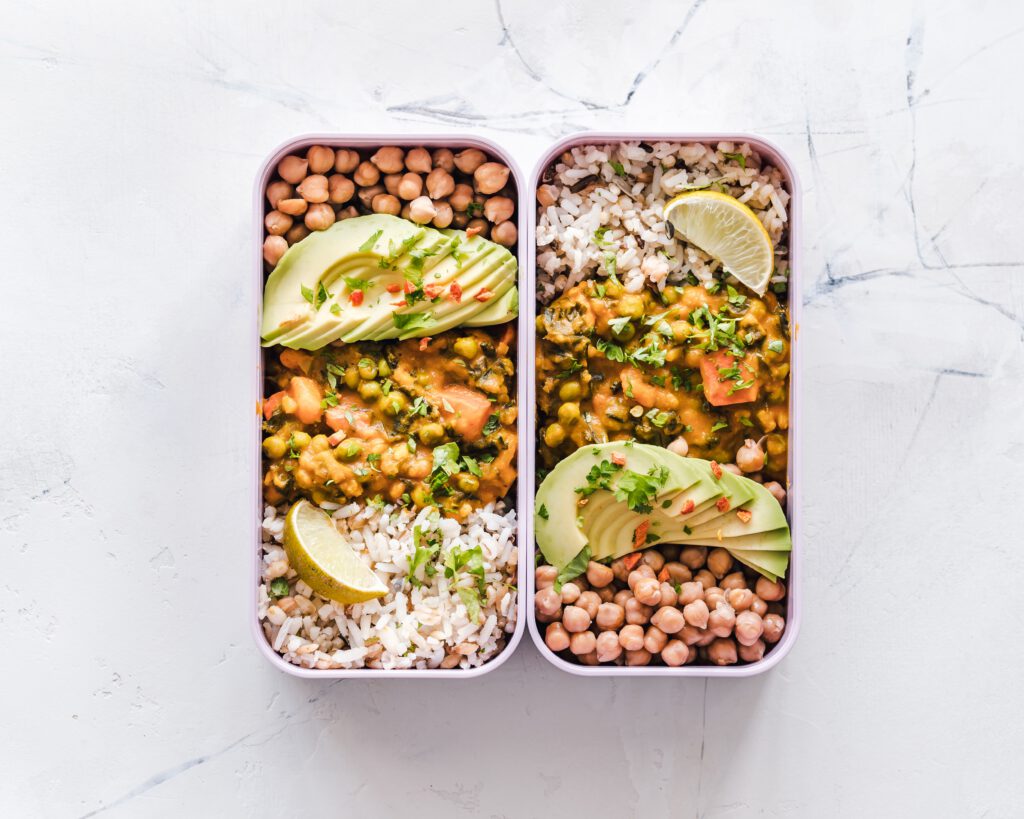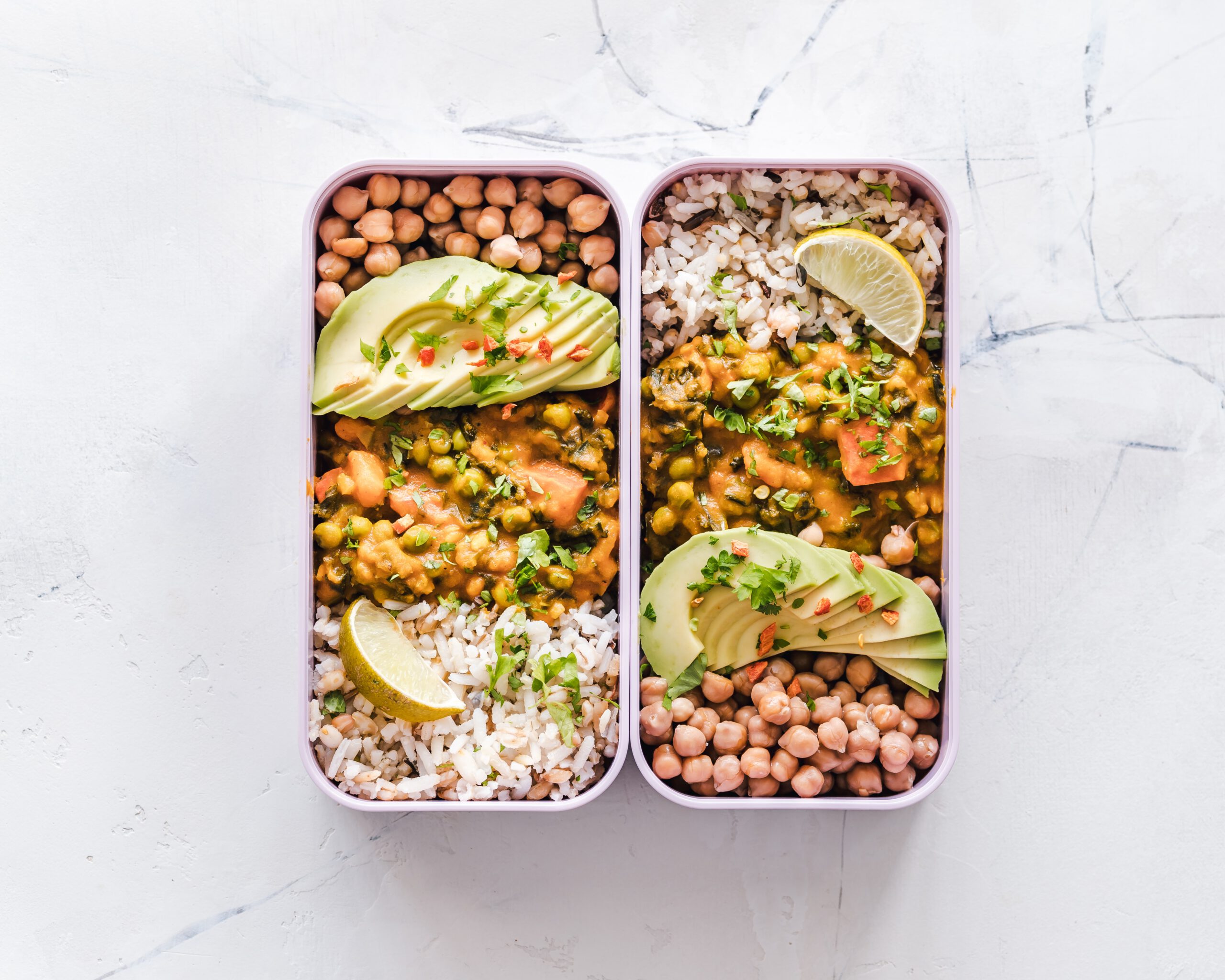For people that want to eat less meat or are on a vegan/vegetarian diet it can be difficult to get enough of protein from your food resources. With nuts, seeds and vegetables you can have alot of variety in your meals but how much protein do i need and how can i achieve it with that amount with these foods?
How much do i need?
If you are an adult you need around 0,83 gram per kilo bodyweight. Which means if you are 25 years old and 76 kilo you need 63g of protein a day. But keep in mind this is without special circumstances. If you train you need more protein, strenght athletes need 0,4g till 1g of protein extra per kilo bodyweight.
If you are on a vegan/vegetarian diet you are recommended to add 25% extra to your daily recommendation. In this article we will be looking at nuts, seeds and vegetables, which of these foods are high in protein?
Examples of high protein nuts
| Type of food | Amount per 100 gram |
| Peanuts | 25.8g of protein |
| Almonds | 21.2g of protein |
| Pistachios | 20.6g of protein |
| Cashews | 18.2g of protein |
Nuts can be overlooked when we are cooking diner, but it can be a very good source of protein. With peanuts being relatively cheap for nuts and the highest amount of protein it is a good option for a snack. Other nuts like almonds and cashew are great to mix in your dinermeal. But keep in mind, nuts are generally high in calories, so if you try to gain weight it can be a great addition to your diet. If you want to lose or maintain weight it is good to watch your intake. Implementing 25gram of nuts a day is the recommendation and can even help lower your LDL-cholesterol. Also can nuts be a good source of selenium.
Examples of high protein seeds
| Type of food | Amount per 100 gram |
| Sunflower Seeds | 20,8g of protein |
| Flaxseeds | 18,3g of protein |
| Pumpkin Seeds | 18g of protein |
| Sesame Seeds | 17,7g of protein |
Like nuts, seeds can be high in calories which you may need to watch for. Next to that you can also easily combine it with your diner meals. Different seeds offer a variety of vitamins. Sunflower seeds are a good source of vitamin E, which acts as an antioxidant and supports skin health. Flaxseeds provide vitamin B6, which plays a role in brain development and function. Also seeds contain minerals which are good for your overal wellbeing.
Examples of high protein vegetables
| Type of food | Amount per 100 gram |
| Chickpeas | 8-19g of protein |
| Edamine | 11g of protein |
| Brussel Sprouts | 3,4g of protein |
| Spinach | 2,9g of protein |
When we look at what we eat and the amount of protein, we also need to look at how much is healthy to eat of it and is it easy to eat/digest? When we look at vegetables in general you can eat as much as you want of it. Next to the ones mentioned above broccoli and asparagus can be good additions to your diet.
Optimise the protein profile
Proteins are build up out of amino acids, there are 20 different amino acids of which 9 are essential (our body can’t make these). While fish and eggs are known to be complete protein sources, containing all the essential amino acids in sufficient amounts, plant-based proteins often fall into the category of incomplete protein sources. This means that certain plant-based proteins may lack one or more essential amino acids. However, by combining different plant-based protein sources, one can achieve a complete protein profile.

*This article is purely informational, do your own research

Geef een reactie